
COOPERATION
LECTURES
Position: COOPERATION > LECTURES > Content
[Social Security Forum] National Planning of Pension Insurance: The Basis of "Provincial Governance" or "National Unification" or "Compromise Plan"
Author: Upload Time:2023-12-18 Views: Go Back
On the afternoon of December 4, 2023, the Social Security Research Center of Wuhan University and the Department of Public Economics and Social Security of our Institute held the Luojia Social Security Forum. Mr. Zeng Yi, professor, master tutor and Wenlan Young scholar of the School of Public Administration of Zhongnan University of Economics and Law, gave a speech entitled "National Planning of Pension Insurance: Special lecture on the basis of "provincial governance" or "National unification" or "Compromise Solution". The lecture was presided over by Associate Professor Zhang Ping of our college, and Teacher Xiang Miao from the Department of Administration and doctoral and master students majoring in social security participated in the study and discussion.
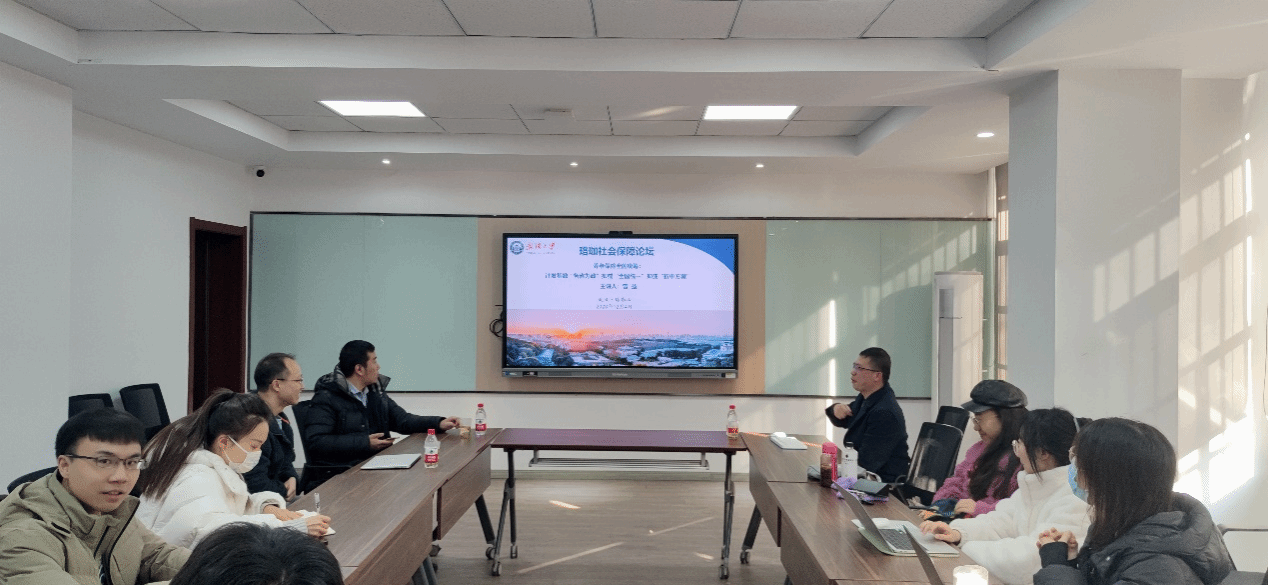
Professor Zeng Yi first introduced the current situation of national endowment insurance pooling. At present, the "five unified" reforms of unified pension insurance policy, unified fund revenue and expenditure, unified central and local responsibility division mechanism, unified service management information system and unified provincial government assessment mechanism have not been fully realized. In this context, Professor Zeng Yi reviewed the debates and methods in the academic circle on the reform of the adjustment of the payment base, including taking the provincial/national social level salary as the base, comprehensively considering the provincial social level and the national social level, and other innovative payment planning schemes.
On the existing basis, Professor Zeng Yi's research from the perspective of common prosperity, simulation and comparison of the policy effect of the adjustment of the tax base under various circumstances. Based on the two dimensions of "common" and "rich", the paper constructs the common prosperity index of pension insurance by combining Theil index and per capita pension level, and calculates the changes of the common prosperity index of pension insurance based on provincial and national social wages under the reform of parameters such as expanding the coverage of pension insurance, raising the contribution rate of pension insurance and delaying the retirement age respectively. In consideration of the fact that 10 provinces are facing pension reduction and conflict with rigid welfare during the reform process from provincial social leveling to national social leveling, Professor Zeng Yi proposed a "compromise plan" that pension loss provinces should be calculated according to provincial social leveling and other provinces should be calculated according to national social leveling, and confirmed through actuarial calculation that the compromise plan has obvious advantages in the common prosperity index of pension insurance. In addition, Professor Zeng Yi also compared the expected changes in the financial status of the pension fund under the three schemes, and found that the compromise scheme delayed the occurrence of the current deficit and cumulative deficit of the pension fund by 2 years compared with the other two schemes, and reduced the cumulative financial responsibility of the forecast period by 18.6%. Therefore, Professor Zeng Yi believes that the compromise is the best way to achieve common prosperity and reduce fiscal responsibility.
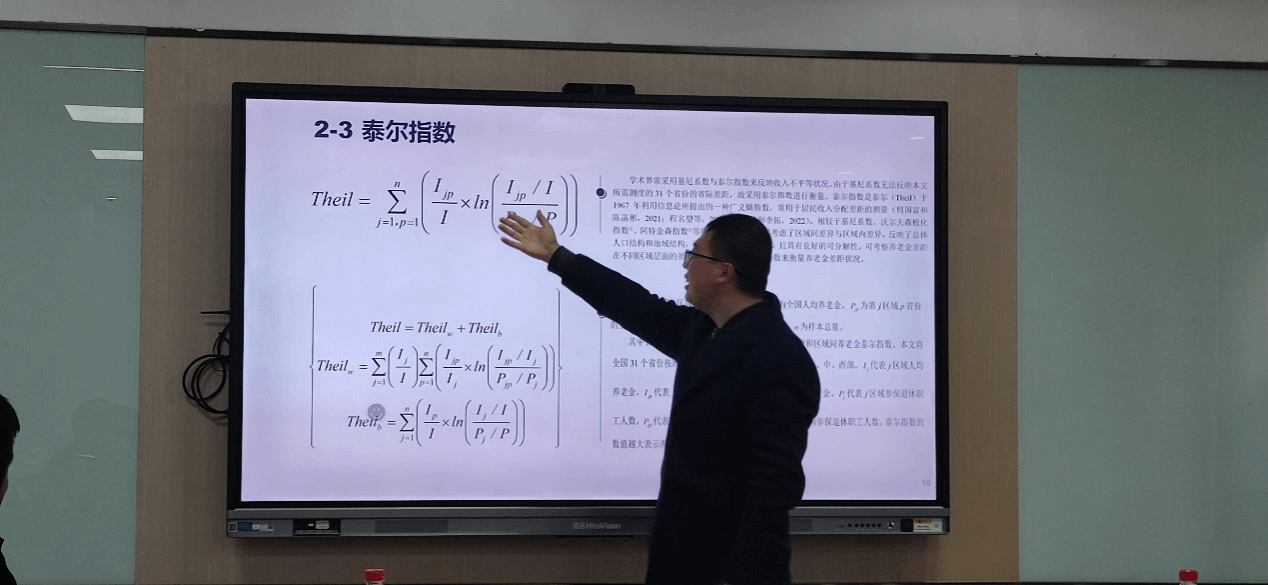
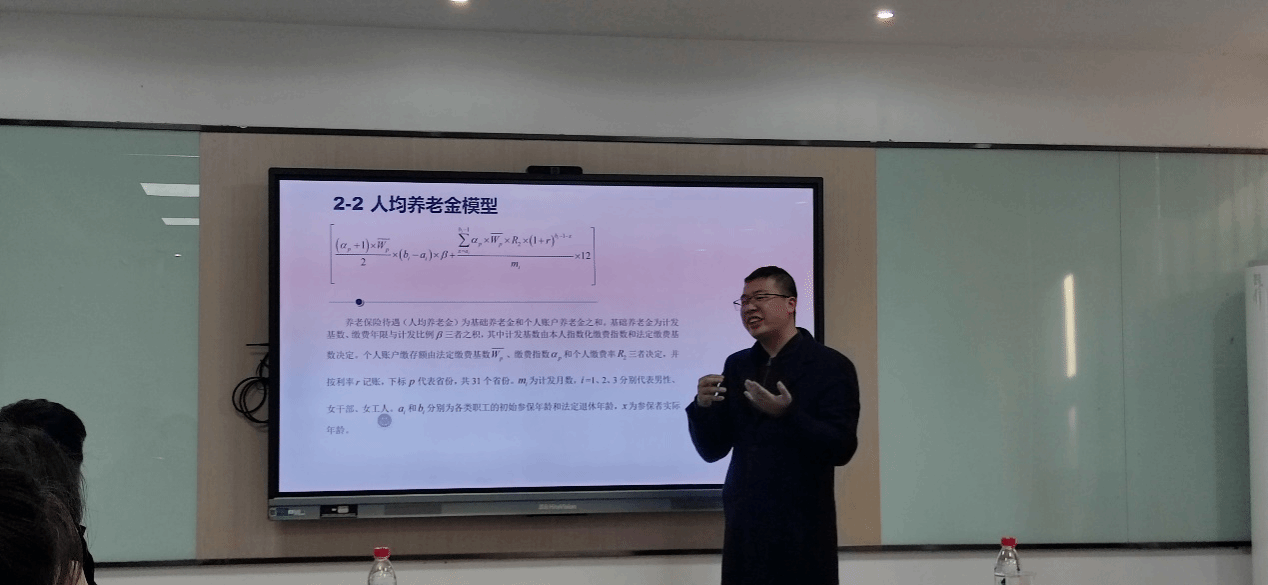
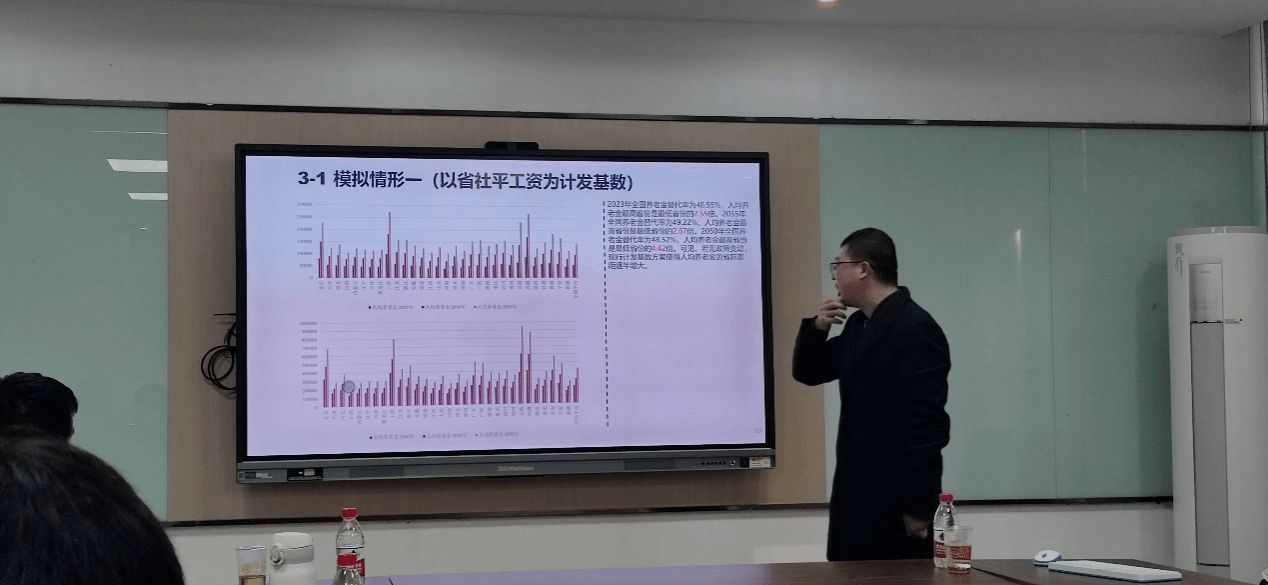
Finally, based on the research conclusions, Professor Zeng Yi put forward a series of targeted policy suggestions, and had in-depth discussions and exchanges with teachers and students on the possibility of using personal income as the payment base, the empty account of personal account, the impact of adjustment of payment base on local economy, the prediction of population migration, the grouping of Their index and the adjustment of payment months. The forum ended successfully in the warm applause of teachers and students.
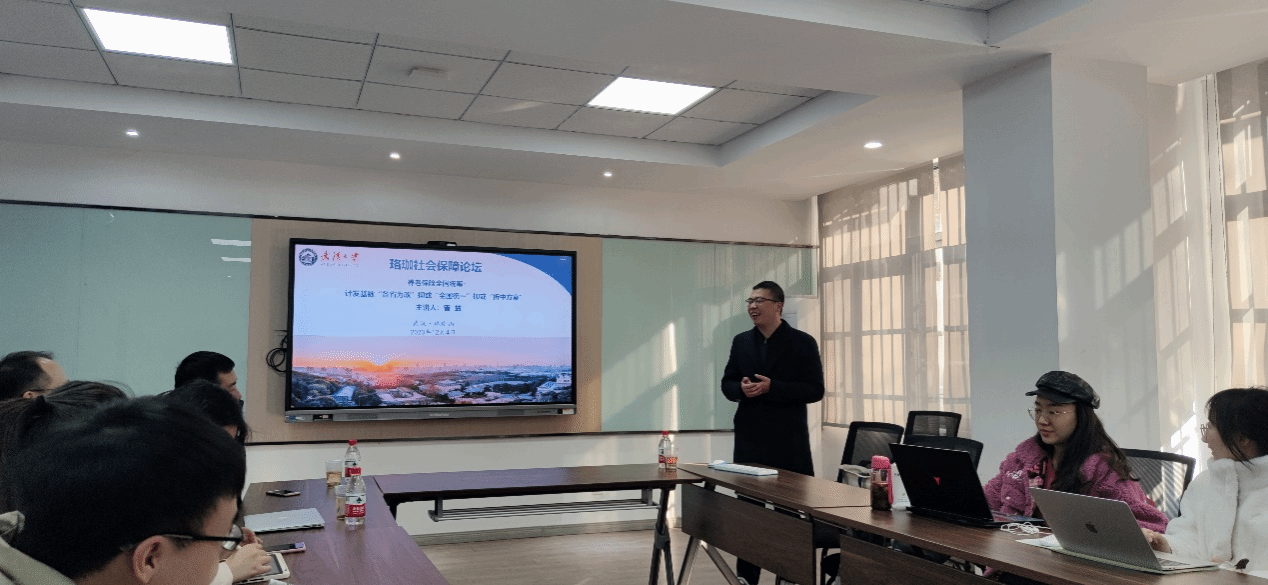
- The Last One: Professor Liu Jigang from Henan University of Chinese Medicine Visited the Center to Teach "Social Science Fund Project Application Precautions and Case Analysis"
- The Next One:[Forum Notice] National Pooling of Pension Insurance: The Basis of "Provincial Governance" or "National Unification" or "Compromise Plan"
WeChat public account
Sponsor Unit:武汉大学社会保障研究中心 Address:湖北省武汉市武昌区八一路299号 Postal Code:430072 Tel:027-68752238/027-68755887 E-mail:csss@whu.edu.cn



